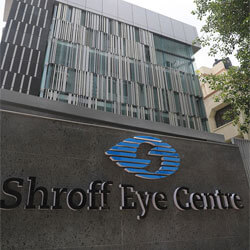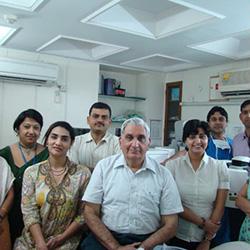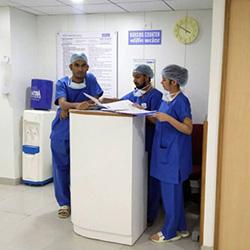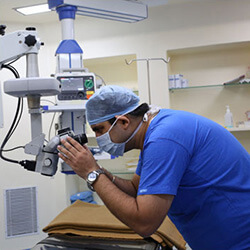
Glaucoma Treatment
Leaders in Eye care since 1914
NABH accredited

Zee healthcare leadership award
Awarded top eye centre
2016 & 2017
Awarded trusted eye centre
2017-18

#1 ophthalmology clinic in Delhi NCR
expert speak
DR. RAMAJIT
SIHOTA
expert speak
DR. SWARNALI
SEN RAI
WHAT IS GLAUCOMA?
- NORMAL EYE
- GLAUCOMA
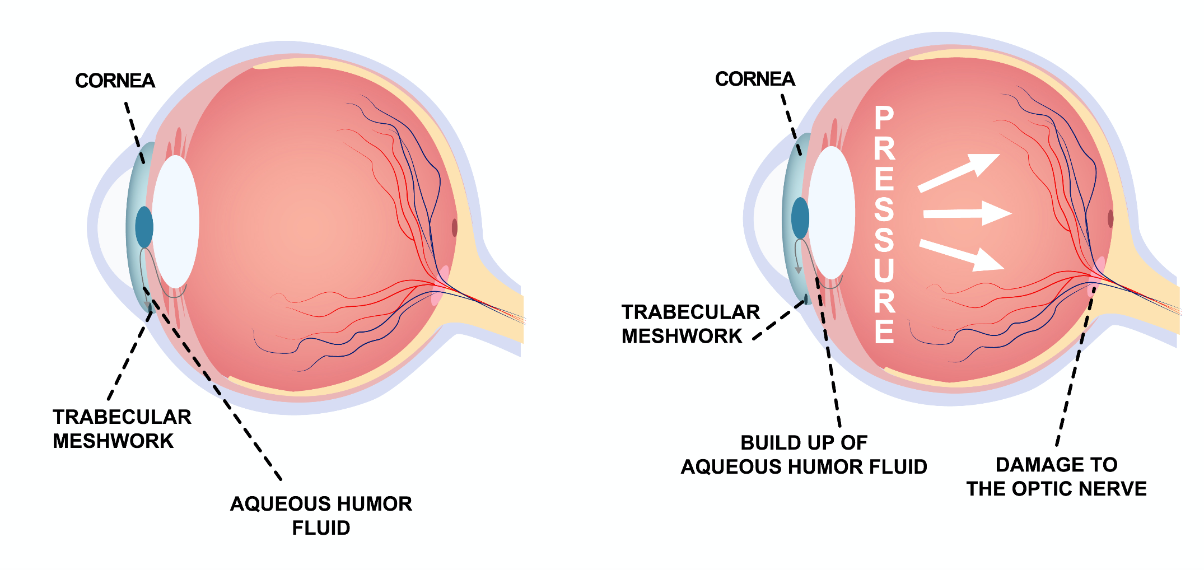
Glaucoma is a group of eye diseases in which the Optic Nerve (the bundle of nerve fibers that carries information from the eye to the brain) gets damaged and can lead to vision loss or blindness. It is also known as “Kala Motia”.
Optic nerve damage usually occurs in the presence of high eye pressure (high intraocular pressure); but it can also occur with normal or even less than normal eye pressure.
WHO IS AT RISK FOR GLAUCOMA?
Everyone is at risk for glaucoma.
However, certain groups are at higher risk than others.
-

Family History: Presence of glaucoma in other family members especially first degree relatives
-

Thyroid Disease
-

Eye Injury: Glaucoma can develop immediately or years after an eye injury
-

Age: Seen more often in those over 40 years of age
-

Steroids: Patients who are on long term steroid therapy for other diseases such as asthma, arthritis, skin diseases etc.
-

Other Risk Factors are High Myopia (nearsightedness), Hypermetropia (Farsightedness), Hypertension, Diabetes
Damage due to glaucoma may be more severe in those patients who have associated diabetes, widely fluctuating blood pressure and myopia.
Testimonials
Don’t just take our word. Here’s what our patients have to say!
HOW CAN I TELL I HAVE GLAUCOMA?
Glaucoma can be asymptomatic.
The signs or symptoms of glaucoma can vary depending on the type of
glaucoma.
Primary open angle glaucoma: It develops slowly. The initial symptoms are usually mild and vague and may not be noticed.
-
 Frequent change of reading glasses.
Frequent change of reading glasses. -
 Mild eye ache or headache towards the evening after a day’s work.
Mild eye ache or headache towards the evening after a day’s work. -
 Inability to adjust one’s vision on entering a dark room (delayed dark adaptation)
Inability to adjust one’s vision on entering a dark room (delayed dark adaptation) -
 Loss of vision, If not treated is first in the peripheral or side vision. The central vision remains intact and is affected last.
Loss of vision, If not treated is first in the peripheral or side vision. The central vision remains intact and is affected last.

You may initially see rainbow colored halos of light around a bulb, or experience sudden severe pain in the eye, blurred vision, redness in the eye, unilateral headache, nausea, vomiting.

WHY IS IT IMPORTANT TO GET REGULAR
EYE CHECKUPS FOR GLAUCOMA?
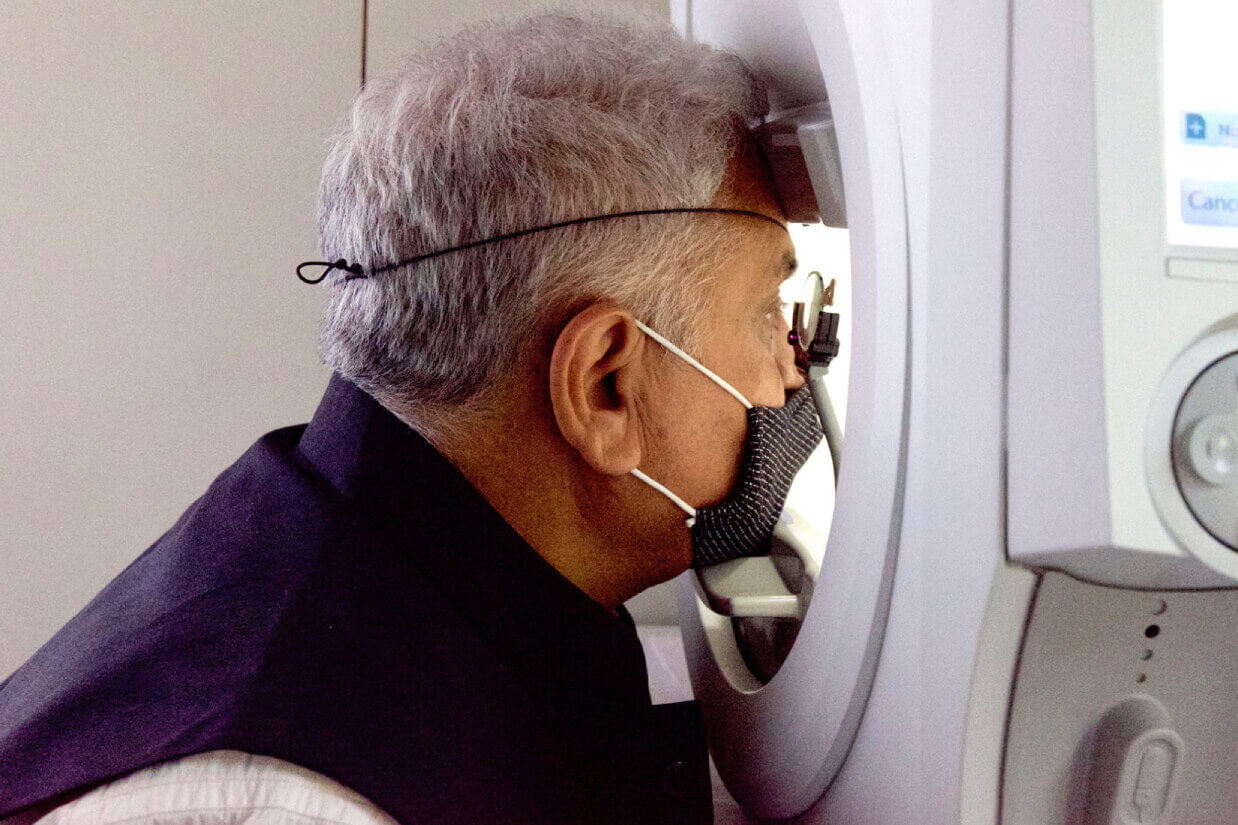
Glaucoma is also called “the silent thief of vision”, as at first it may not have any symptoms. The first time you notice something is wrong is when significant vision is lost.
In older adults, cataract(“Safed Motia”) usually starts developing at the same age as glaucoma makes an appearance. You may think that you are losing vision due to a cataract when it may actually be due to glaucoma!
This is why we advise routine eye check-ups for glaucoma after you turn 40.
In the younger population, there are either no symptoms or the onset of symptoms is so slow that it goes unnoticed till there is significant peripheral vision loss.
It is important for younger adults, especially those with a family member with glaucoma, to get glaucoma screenings regularly.
WHAT ARE THE TYPES OF GLAUCOMA?
How often should I get my
eyes examined for glaucoma?
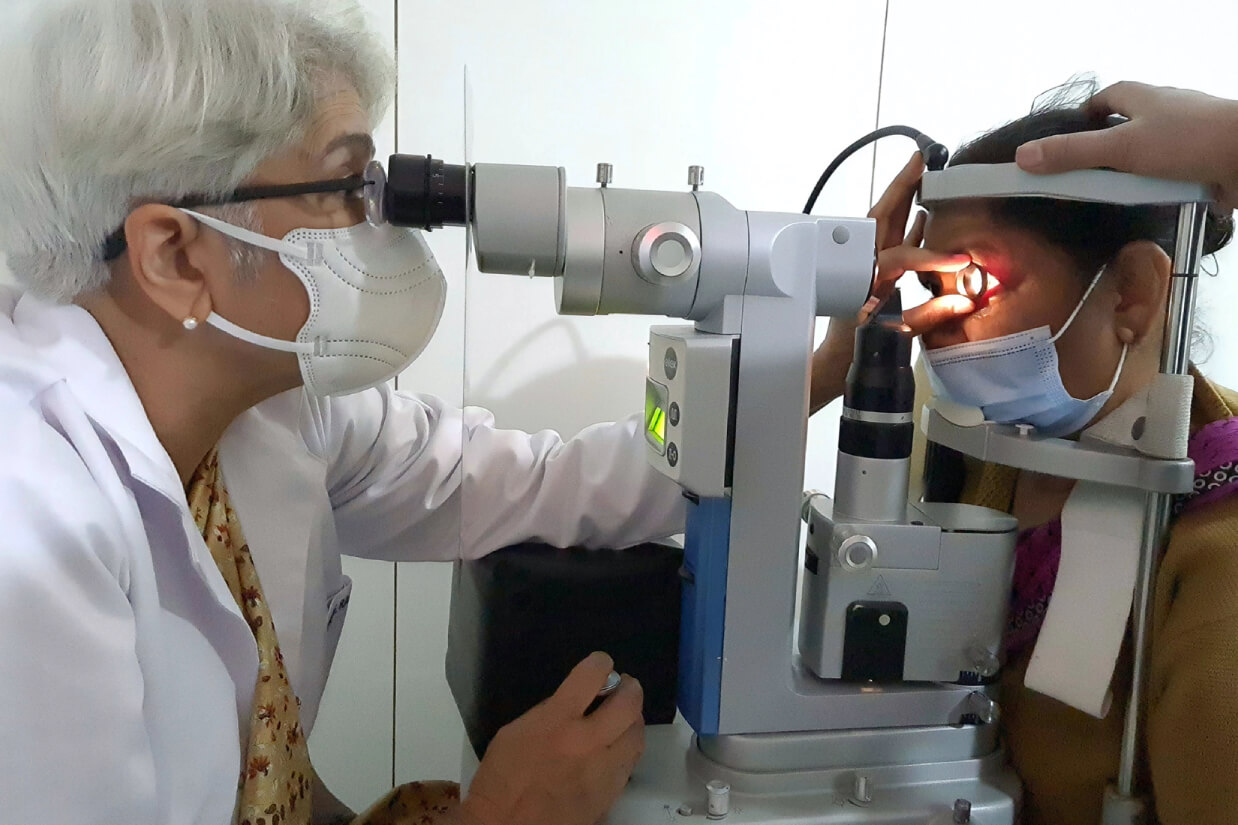
Every 3 - 4 years: After the age of 40 years, you should get an eye check for glaucoma, even if there are no symptoms, every 3-4 years.
Every 1 to 2 years: If you have a family member with glaucoma or if you have diabetes or if you are on long term systemic steroids for some other disease, or if you have suffered a blunt eye injury in the past, you must get your eyes screened for glaucoma every 1-2 year
Every 3-6 months: if you are diagnosed to have glaucoma Regular review is important and the intervals between review will depend upon the severity of visual loss and the extent of pressure control.
Child or a newborn: A child having sensitivity to light or any eye that appears bigger or cloudier than usual, should be shown to an eye specialist to rule out congenital glaucoma.
Even if the eyes appear normal and there is no family history of eye disease, we strongly recommend
a regular eye check-up for children at the age of 3-4 years before they start school.
Know more about other child
eye problems here
HOW IS GLAUCOMA DIAGNOSED?
Glaucoma is diagnosed after a comprehensive eye check-up and investigations for glaucoma.
When you visit our glaucoma doctor in Delhi NCR, we take a detailed patient history and understand your eye problems and do some eye tests for glaucoma.
Here is a summary of the glaucoma tests which may be done during a glaucoma checkup at Shroff Eye Centre and what they do.
Click on the tests in blue to read more about them.
| Examination of | Investigation |
| Eye pressure/ Intraocular pressure | Tonometry |
| Eye Power & Contrast | Vision testing with an eye chart |
| Front of the eye | Slit lamp |
| The retina, and optic nerve | Ophthalmoscopy/ dilated eye exam |
| The field of vision | Perimetry/ visual field test |
| Outflow channels of the eye | Gonioscopy |
| Thickness of the cornea | Pachymetry |
| Measure the thickness of the nerve fibre layer | OCT |
How is glaucoma treated?
As damage to the optic nerve caused by glaucoma cannot be reversed, the aim of the treatment is to prevent or reduce further damage to the optic nerve.
The first step is to lower the eye pressure, if high.
The three main modalities of glaucoma treatment in Delhi NCR are:-
Medical (Anti-glaucoma Eye drops and tablets), Glaucoma laser surgery & Glaucoma Filtering
Microsurgery
Medical treatment of Glaucoma
Eye drops or tablets are used commonly for early treatment for glaucoma. Some medicines cause the eye to make less fluid while Others lower eye pressure by helping fluid drain from the eye.
You must use the medicines timely & regularly as directed by our ophthalmologist.
You should not stop your glaucoma medicines even if you do not have symptoms.
A regular follow up, as advised by our eye doctor, is mandatory.
Laser treatment of Glaucoma
There are various types of lasers that are used in the treatment of glaucoma. Our glaucoma specialists will decide which laser is suitable for you.
YAG Laser Peripheral Iridotomy
Selective Laser Trabeculoplasty
Argon Laser Trabeculoplasty
Diode Laser Cycloablation
Glaucoma Filtering Surgery
Glaucoma Filtering Microsurgery is a kind of “By-pass” surgery of the eye.
Operation for glaucoma is the only option left for patients in whom the eye pressure is not controlled enough with medication or Laser. It is also the treatment of choice in non-compliant patients & in infants and children with glaucoma.
Glaucoma microsurgery involves creating a drainage opening, to bypass the blockage in the eye’s trabecular meshwork (the eye’s drainage system). This opening helps increase the flow of fluid out of the eye and thereby reduce the eye pressure.
IS THERE A CURE FOR GLAUCOMA?
As of now, there is no proven or tested cure for glaucoma, but with newer medications and safer surgeries most glaucomas can be stabilized.
We cannot reverse vision loss from glaucoma, however, if detected & treated in time, we are able to control it, slow it down and prevent further vision loss in most people.
WHAT CAN I DO TO PREVENT GLAUCOMA?
Timely detection and treatment is the best way to prevent damage caused by glaucoma. However, glaucoma itself is not yet preventable. Scientists are researching the triggers of glaucoma and using tests to predict when and who will develop glaucoma. Until then, regular eye checkups are the only way.
OUR GLAUCOMA TEAM
Our leading Glaucoma experts in Delhi NCR

Dr. Jasleen Dhillon
Glaucoma, Cataract & IOL Surgery
Frequently Asked Questions
-
How is glaucoma treated?
-
Can Vision That is Lost Due to Glaucoma Be Restored?
-
When should a glaucoma patient visit a glaucoma doctor?
-
What are the precautions for glaucoma patients?
-
Can glaucoma patients get back side vision after treatment?
-
Glaucoma foods to avoid?
-
Can I have Glaucoma from diabetes?
-
Can I drive if I have glaucoma?
-
Can I have LASIK surgery if I have glaucoma?
-
What's the difference between glaucoma and ocular hypertension?
-
Is glaucoma hereditary?
-
How serious is my glaucoma problem?
-
What is the treatment of glaucoma?
-
Can I control glaucoma with treatment?
-
What is the optic nerve?
-
Can I do Yoga with Glaucoma?
-
Should I Exercise if I have Glaucoma?
-
What is Congenital Glaucoma or Childhood Glaucoma?
-
What is Secondary glaucoma?
-
What is Normal Tension Glaucoma?
-
What does Open-angle and Closed-angle glaucoma mean?
-
What is Angle closure glaucoma?
-
What is Open Angle Glaucoma or Primary Open Angle Glaucoma (POAG)?
-
Will I go blind from Glaucoma?
-
My vision is good but you say I have glaucoma?
-
What is the normal Eye Pressure?
-
What are the Tests to diagnose Glaucoma in Delhi NCR?
Our Locations
-
New Delhi
Kailash Colony
011 41633999A-9,
get directions
Kailash Colony,
New Delhi - 110 048 -
New Delhi
Connaught Place
011 41510906105 Surya Kiran, First floor
get directions
19, Kasturba Gandhi Marg,
New Delhi 110001 -
Haryana
Gurgaon
+91-124-4709999110, Bestech Chambers (Radisson Suites),
get directions
B Block, Sushant Lok Phase I, Sector 27,
Gurgaon, Haryana - 122002
-
Delhi NCR
Ghaziabad
+91 8826263999509, KM Trade Tower, Adjacent to Radisson blu , Sector 14, Kaushambi,
get directions
Ghaziabad, Uttar Pradesh -201010
Know more about Treatment of Glaucoma in Delhi, Treatment of Glaucoma in Gurgaon, Treatment of Glaucoma in Ghaziabad.








 Call us
Call us Email us
Email us

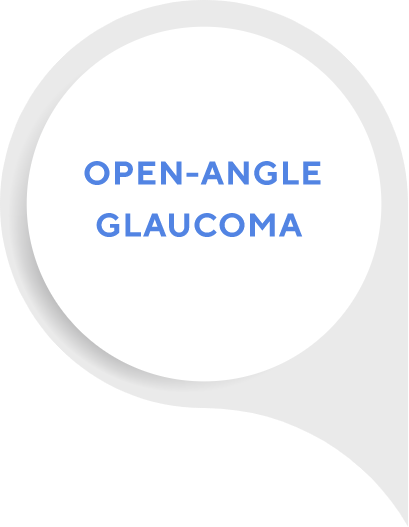
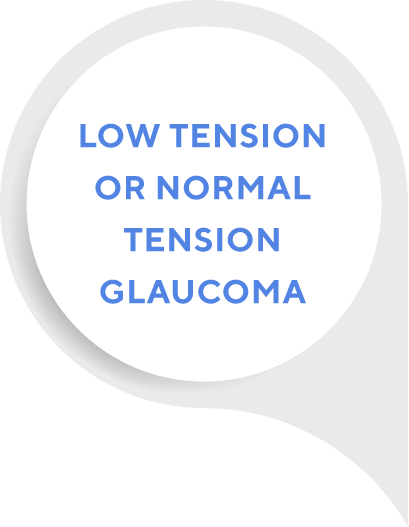
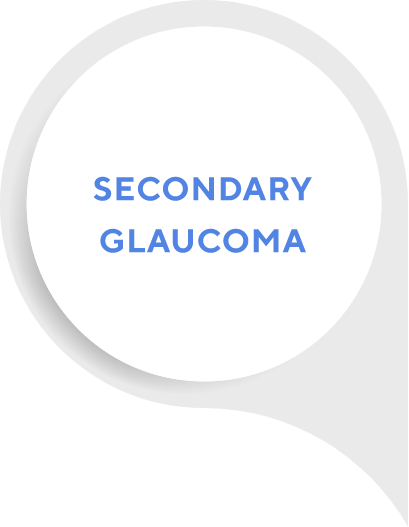
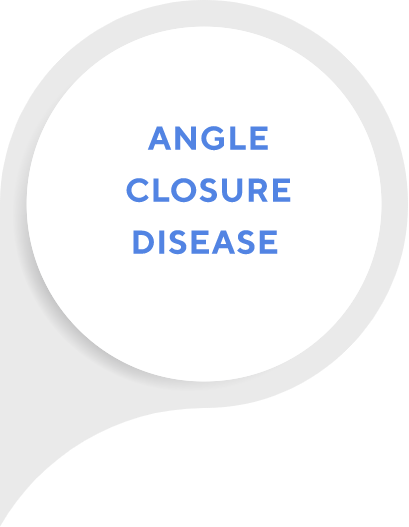
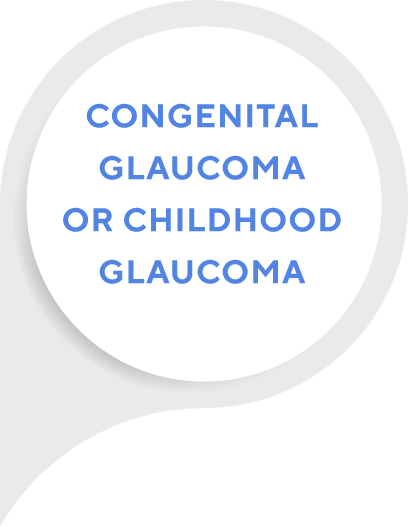
 Call now
Call now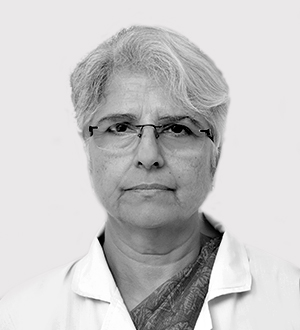



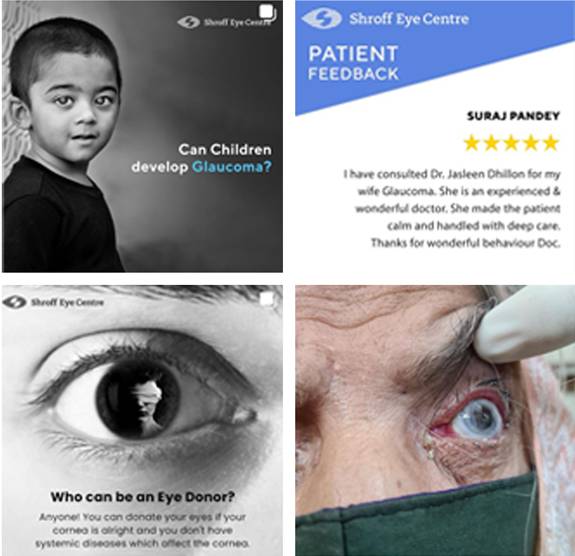



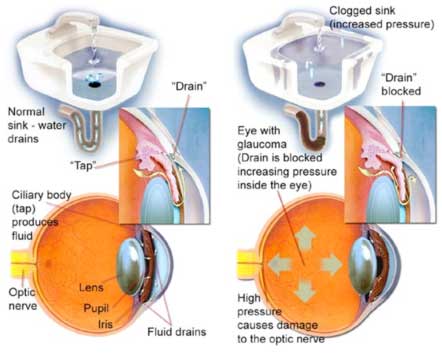 (Credit Dr. Ranjan Dutta)
Let us explain with the simple example of a kitchen sink at your home.
There is a tap through which water comes and
(Credit Dr. Ranjan Dutta)
Let us explain with the simple example of a kitchen sink at your home.
There is a tap through which water comes and 